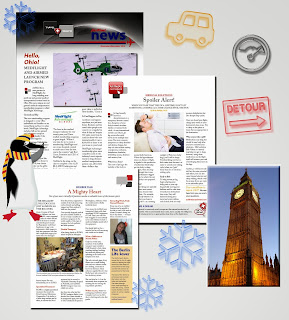Click this link to read all the AirMed News and even get a discount code to Give the Gift of AirMed to the travelers in your life!
Visit us anytime at airmed.com to find our more about our life-saving air medical memberships with great benefits such as Second Opinion Referrals, 24/7 Medical Services Hotline and more.










